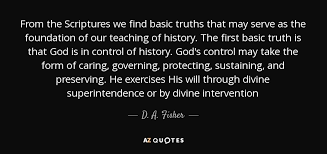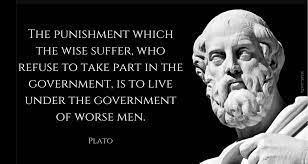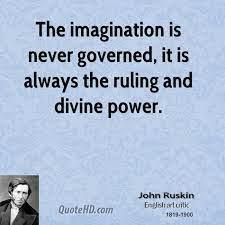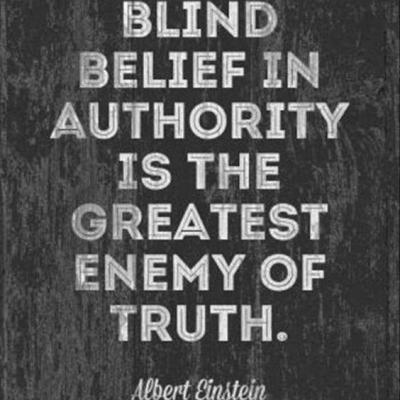
Divine Intervention by Prof. Sabitu Olagoke
- By solomon2day
- On 09/09/2021
- In The People Talk
 There are three major sources of inspiration which generally we confuse to be the same.
There are three major sources of inspiration which generally we confuse to be the same.
Religious adherents believe in the supreme being, rather than through intermediaries to the almighty God.
Adherents, therefore, believe in their creator for divine guidance and direction.
The Holy Bible, Deuteronomy 6: 4-6, Mark 12: 29-30, and the Holy Quran 16: 51-52 declare God as authoritative and unquestionable with whom believers must not associate with any idols god or goddess, so as not to threaten His oneness in our beliefs.
Divine intervention has a universal concept on the issue of creation, sustenance, death, and resurrection of every human.
Conditionally, therefore, at micro and macro, finite and infinite dimensions of existence on earth and other members of the galaxies, divine intervention is a necessity to keep the peace regarded as intra, for the tranquility of the mind and inter for an interpersonal relationship of sociological importance.
Worshipping God fervently is not negotiable if an individual or a nation wants their activities to be divinely controlled and regulated.
The historical record of the Israelis is a classical example of how we can appreciate the meaning of divine intervention and the consequences associated with deviation from the stipulated righteous path laid down by God.
The Israelites were fortified against their enemies when they were on the right path of righteousness, but they were sold out to their enemies when they resorted to idol worship.

Another example is that of Elijah, who was highly fortified by God against King Ahab and Jezebel his wife as well as the false prophets of Baal. He singlehandedly with all authority declared that there would be no rain for three years and it was so.
In the same vein, the war of Badru with 313 inexperienced men win the war against 1,000 well-trained horsemen employed by the enemies to crush Islam under the Hooly Prophet Muhammad, although they nearly lost. When they went for the war of Uhud, in confrontation with supposedly poor enemies acts of deceit, apostasy, and disloyalty to the Prophet were prominent.
When nations, therefore, do things accordingly, they are better off in the achievement of peace and development, even though they may not profess God, God loves those who are orderly and living without cheating on others. This observation brings us to the fact that the degree of religiosity to measure the seriousness of the people on the issue of God and Godliness is never rated through population density or the number of houses of God but by the number of adherents who are scripture compliant.
Nations that profess religion without their people been scripture compliant will continue to be bereft of divine intervention because we cannot deceive God, Who believes in quality, standard, and merit.
In conclusion, divine intervention is God's interference or decisive role to correct a bad or worrisome situation. Spiritual security is what we need most to resolve all conflicts.
Also read-Legalizing Crime and Criminality
Divine Intevention Religion Prof. Sabitu Olagoke











